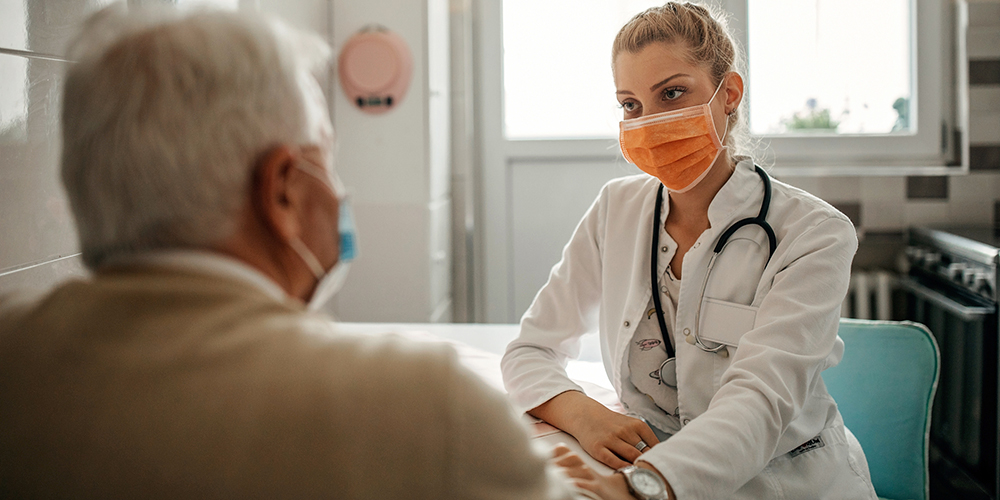
VA’s annual suicide report, which updates data from 2005 through 2018, highlights a number of positive trends. The report enables VA to tailor suicide prevention initiatives.
VA’s latest data from 2018 shows adjusted suicide rates fell among Veterans with recent VA health care. That hopeful message is part of the new 2020 National Veteran Suicide Prevention Annual Report, which includes findings from its most recent analysis of Veteran suicide data from 2005 to 2018.
The report dives deep into the continuing problem of suicide among U.S. adults and among Veterans. Yet there are signs of improvement and what VA calls Anchors of Hope, which include how:
- From 2017 to 2018, adjusted suicide rates fell among Veterans with recent VA health care, while rising among other Veterans.
- Among Veterans using VA health care, rates fell from 2005 to 2018 in those with depression, anxiety and substance use disorders.
- Suicide rates for specific Veteran populations decreased in 2018 for those engaged in VA health care.
- The Veteran suicide rate did not increase significantly between 2017 and 2018.
- There is an outpouring of support for coordinated suicide prevention efforts at the local, regional and national levels to implement a public health approach to end suicide.
One Veteran suicide is too many
This year’s report suggests that the steps VA has taken to prevent suicide have made an impact. However, one Veteran suicide is too many and so there is still much work to be done.

Suicide data is an essential part of VA’s public health strategy. It enables VA to tailor suicide prevention initiatives for different populations.
“The suicide data presented in this new report is an integral part of VA’s Public Health Model for Suicide Prevention, which combines evidence-based clinical interventions and proactive community-based prevention strategies to address suicide in our nation,” said VA Secretary Robert Wilkie.
“The data shows the rate of suicide among Veterans who recently used VA health services has decreased, an encouraging sign as the department continues its work and shares what we learn with those who care for and about Veterans,” he continued.
Suicide data is an essential part of VA’s public health strategy. It enables VA to tailor suicide prevention initiatives for different populations. VA continues to reach out to our nation’s health systems and communities to build a network that can benefit both Veterans and the general public.
The full report and the accompanying state data sheets are available at https://www.mentalhealth.va.gov/MENTALHEALTH/suicide_prevention/index.asp.
If you or someone you know is having thoughts of suicide, contact the Veterans Crisis Line. Receive free, confidential support and crisis intervention. Support is available 24 hours a day, 7 days a week, 365 days a year. Call 1-800-273-8255 and press 1, text 838255, or chat online at VeteransCrisisLine.net/Chat.
Matthew Miller, Ph.D., is the director of VA’s Suicide Prevention Program at the Office of Mental Health and Suicide Prevention.
Topics in this story
More Stories
Bob Jesse Award celebrates the achievements of a VA employee and a team or department that exemplifies innovative practices within VA.
The Medical Foster Home program offers Veterans an alternative to nursing homes.
Watch the Under Secretary for Health and a panel of experts discuss VA Health Connect tele-emergency care.







There may be something helpful among some items I’d like to email you. My six page lead article in the Summer 2019 COMBAT STRESS Magazine also has a two minute video families and friends use to motivate troubled veterans to seek help. It was also in February 2013 PSYCHIATRIC TIMES. Former Secretary of Defense Leon Panetta liked the article and sent it to some veterans organizations. The VA suicide prevention previously sent it to their staff several times, and about 30 vets groups have used both.
All of the above are verifiable, and I’d like to send my material, gratis, to your office.